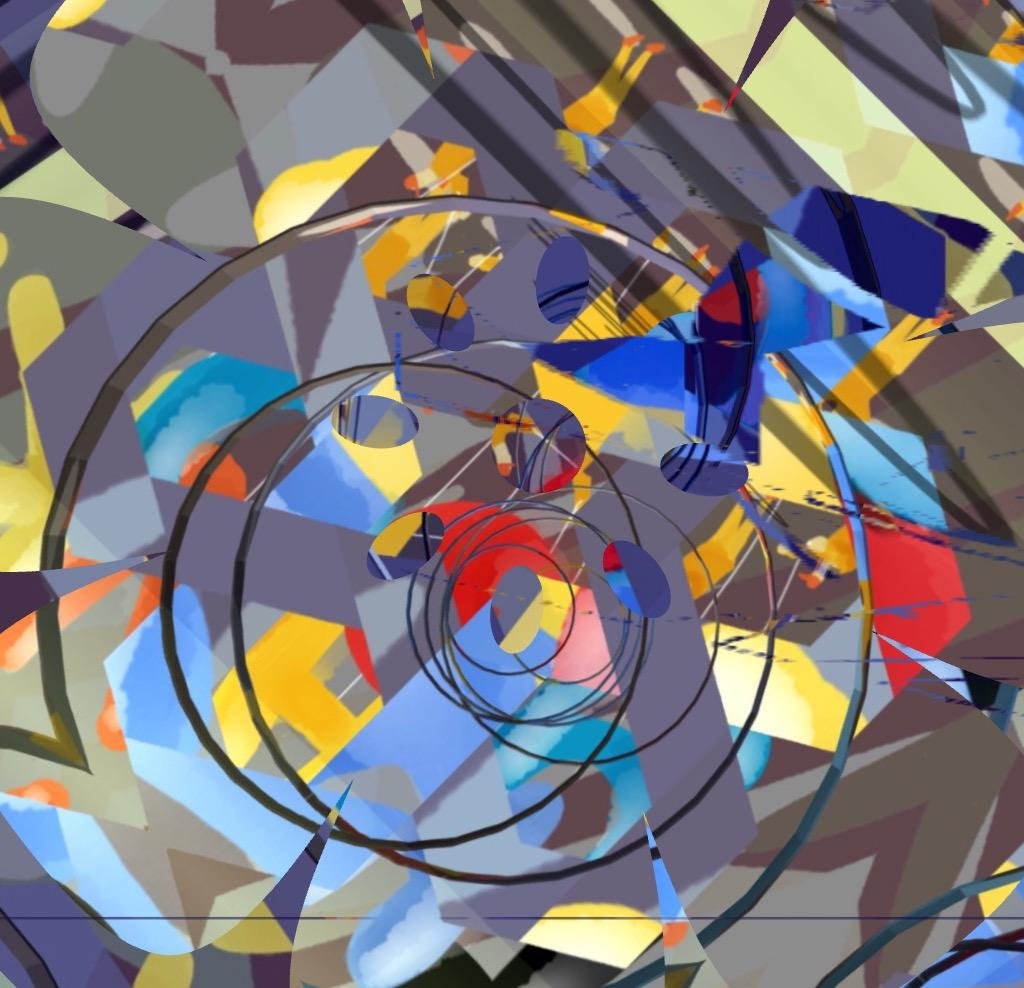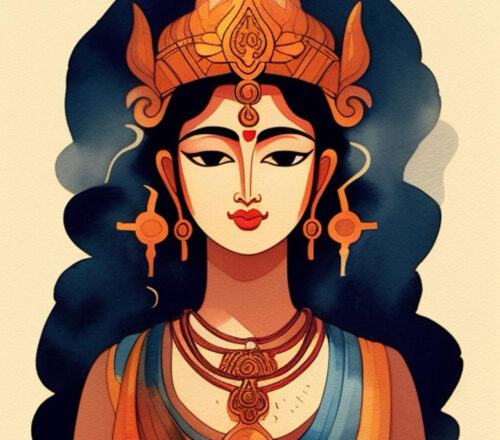
Table of Contents
How does a specific myth resonate today
To delve into how a specific myth resonates today, I’ll need to know which myth you’re interested in. Myths, after all, come from diverse cultures and each carries its own unique set of symbols, lessons, and influences that can be reflected in modern contexts.
For instance, if we consider the Greek myth of Icarus, who flew too close to the sun, it’s often used today as a metaphor for over-ambition or the danger of ignoring limitations. In a world where technological advancements and societal pressures push boundaries, the story of Icarus can serve as a cautionary tale about hubris and the importance of heeding wise counsel.
Similarly, Norse myths like that of Ragnarök – the prophesied apocalypse – might resonate in contemporary discussions about environmental catastrophe or political upheaval, symbolizing fears of an ending and hopes for a new beginning.
Great, let’s delve into how both the Greek myth of Icarus and the Norse myth of Ragnarök resonate in today’s world.
- Icarus and Over-Ambition in the Modern World: The myth of Icarus, who dared to fly too close to the sun with wings made of feathers and wax, serves as a powerful metaphor for the human condition in the modern era. This story speaks volumes about the dangers of over-ambition and hubris. In a world driven by rapid technological advancements and a constant push for success, Icarus’ fate is a poignant reminder of the need for balance and humility. It resonates in contexts like business, where startups may “fly too high” without heeding warnings, or in personal ambitions where neglecting limitations can lead to downfall. The Icarus myth also finds relevance in discussions about environmental sustainability, where humanity’s relentless pursuit of progress could be likened to flying too close to the sun, with potentially catastrophic consequences.
- Ragnarök and Contemporary Reflections on Apocalypse: The Norse myth of Ragnarök tells of a great battle leading to the death of many gods, natural disasters, and the submersion of the world in water. After this, the world resurfaces anew and fertile, and the surviving gods and two human survivors repopulate the earth. In modern times, this myth resonates with the universal human themes of destruction and rebirth. It can be seen as a metaphor for catastrophic events that transform societies, like wars, natural disasters, or even the current environmental crisis. The idea of Ragnarök echoes in discussions about climate change and the potential for global upheaval, but also carries a message of hope – that even from destruction, a new and perhaps better world can emerge.
Both these myths, while ancient, offer profound insights into human nature and societal issues that are highly relevant today. They encourage reflection on our actions, decisions, and the course of our future, reminding us of the timeless lessons embedded in these age-old stories.
An image that illustrates both myths

Here is an image that illustrates both the Greek myth of Icarus and the Norse myth of Ragnarök. This symbolic representation merges the themes of over-ambition and apocalypse, renewal from destruction, as captured in these ancient stories. The image encapsulates the essence of both myths in a mythical and surreal style.
The realm of myths and folklore is vast and endlessly fascinating! ?
written and illustrated with help of openAI Language models and Dalle
Take time to learn
Invest in your future
Embark on a journey into the realm of affiliate marketing and craft your own website within a vibrant, supportive community. Join me in this adventure, where you can begin as a free starter and stay as long as you desire. Enjoy complimentary hosting and foundational teachings to set you on your path. For those with advanced skills, opportunities to elevate your expertise await. Take a moment to explore and witness the magic for yourself!




